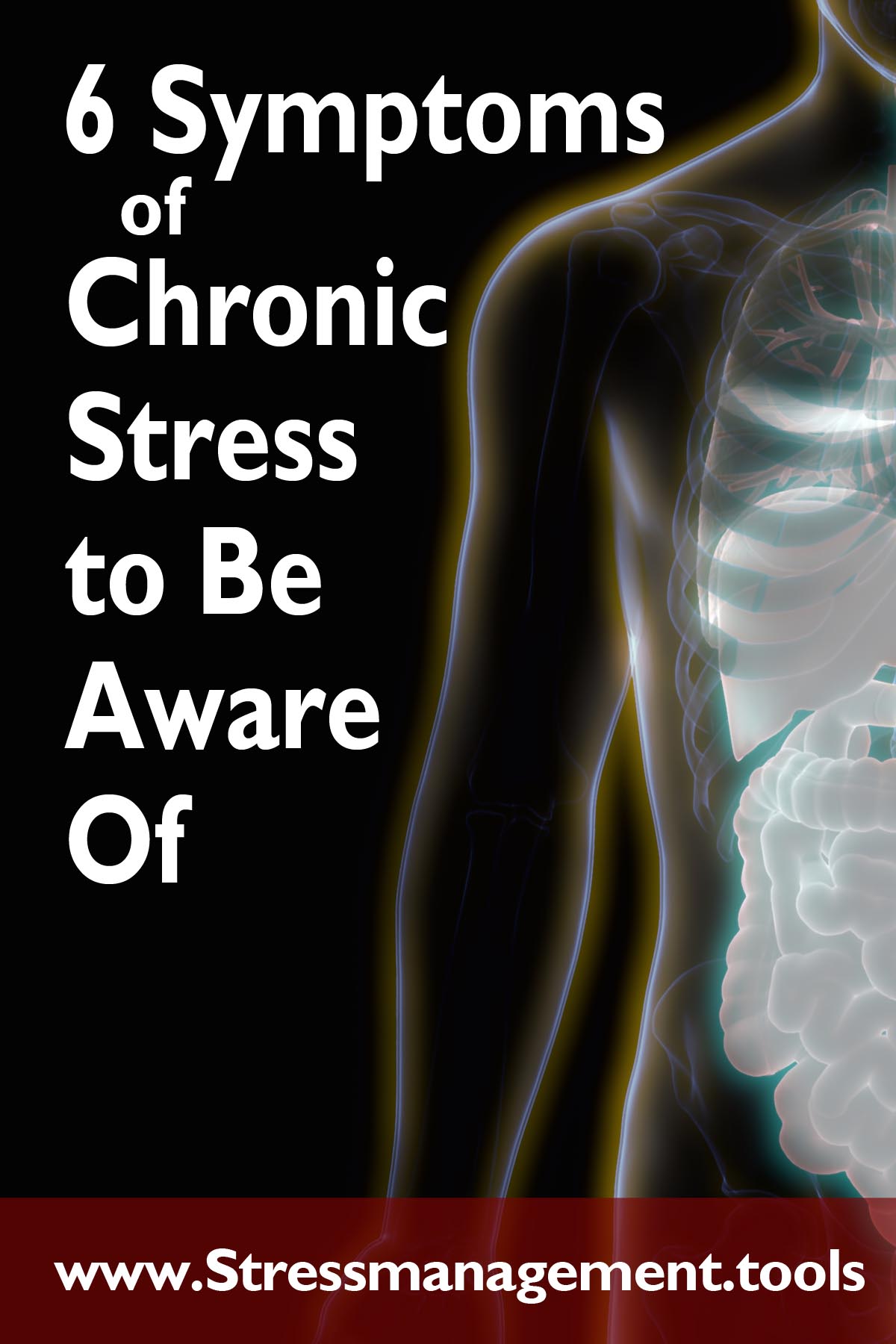Are you suffering from stress? Everyone has moments of stress from time to time, such as when you’re stuck in traffic, or you have a hard day at the office. But, for some people, stress can also become a serious issue.

Expose yourself to too much chronic stress and you’re putting yourself at significant risk of a range of health challenges. In fact, experts say that stress is directly connected to many of the main causes of premature death.1)https://www.miamiherald.com/living/article1961770.html
The good news is that there are numerous ways you can begin to manage your stress. However, before you get started, it’s important to be able to recognize the symptoms of stress.
Be aware of these red flags:
- Tooth or jaw pain. Yes, stress does affect your teeth, more than you might think. If you’ve noticed soreness in your jaw or pain in your gums, then it might be because you’re dealing with feelings of stress.2)https://www.guardiandirect.com/dental-care/6-ways-stress-affects-teeth
- Grinding your teeth is often something that you may not even realize you’ve been doing until you get to the dentist, and they berate you for signs of bruxism.
- Grinding and tensions resulting from stress can cause extra strain and soreness in your jaw. If you do notice signs of discomfort in your jaw, check with your dentist to ensure that you’re doing everything you can to protect your teeth.
- Your memory is getting worse. As your schedule becomes more overwhelming, and you end up with more things to think about each day, it’s easy to brush off issues with forgetfulness. However, if your memory is really letting you down lately, it could be because of stress.
- High levels of cortisol can impair the function of the hippocampus, a brain region crucial for memory fixation. Prolonged stress can even cause a shrinkage of the hippocampus.
- Paying attention to where you lose track of your train of thought could show you where you have too much on your plate. It might be time to slow down.
- Your digestion isn’t right. Digestive health and stress are closely connected. You might have noticed during stressful periods in the past that you tend to have challenges with heartburn, diarrhea, and constipation. These are all common gastrointestinal symptoms of stress.3)https://www.health.harvard.edu/diseases-and-conditions/the-gut-brain-connection
- Your stomach will often churn and feel uncomfortable when you’re stressed because feelings of anxiety cause the body to produce additional digestive acid, which can lead to stomach ulcers.
- Stress can make your intestines more sluggish. That can easily lead to constipation.

- You’re always thirsty. If you’re constantly suffering from a major thirst, it’s worth speaking to a doctor. Excessive thirst can be a sign of things like diabetes. However, you could also be dehydrated because of excess stress.
- First of all, increased cortisol levels will make your blood glucose levels rise, which causes dehydration since the body tries to flush out the extra glucose through the urine.
- Cortisol is produced by the adrenal glands, which are responsible as well to produce hormones that regulate the fluid levels in your body. If you suffer chronic stress, it can easily wear out your adrenal glands and cause a number of hormonal imbalances.
- Although upping your H2O intake shouldn’t cause any problems, it’s still a sign of a long-term problem that’s important to rectify.
- Your muscles are sore. Sore muscles often happen as a result of tension. If you’re under a ton of stress, your body responds by involuntarily tensing up. This can gradually lead to more body pain over time, because your muscles aren’t used to being under that much strain.
- Excessive cortisol during chronic stress will increase muscle tightness.
- The same way you suffer from soreness from grinding your teeth, you could experience soreness elsewhere in your body because you’re placing more pressure on your muscles. A good massage or a hot bath might help in the shorter term, but eventually you’ll need to tackle the root cause of your stress.
- Your sleep is messed up. If you’re having trouble with falling asleep at night, it could be because stress is making it harder for you to relax.
- It’s likely that you spend a lot of time thinking about the things that worry you when you’re in bed.
- If you suffer from insomnia, you will wake up tired the next morning, which increases your stress hormones and easily drives you into a vicious cycle.
- You might also notice that you’re having more odd dreams because of your stress.
- On the other hand, some people experience a desire to sleep more often when they’re stressed. This could be an indication that you’re not just suffering from stress, but that you’re having issues with anxiety and depression too. Consider speaking to your doctor about these issues, who should be able to offer some personalized guidance.
As you can see, it’s critical to your health and wellbeing that you learn to relieve stress. Make it a priority to take care of yourself by reducing your stress. And if you see those warning signs coming up that stress is getting out of control, you need to take immediate action to implement a successful stress management plan. Check out the Stress Management Tools to see how the program can help you to get stress under control.
Martin Neumann was trained for Lifestyle Interventions in 1998 at Wildwood Lifestyle Center & Hospital. Since then he has lectured in different parts of the world about a healthy lifestyle and natural remedies. He is the founder of the Abundant Health website.
References
Leave a Reply